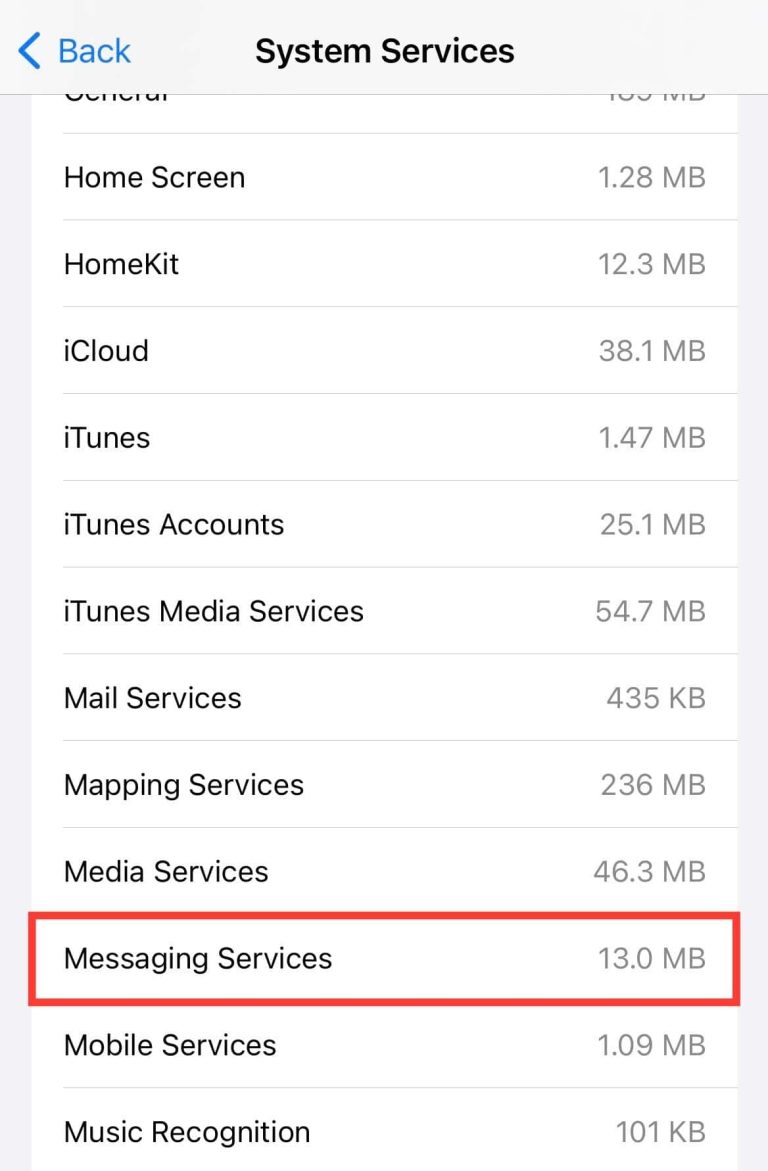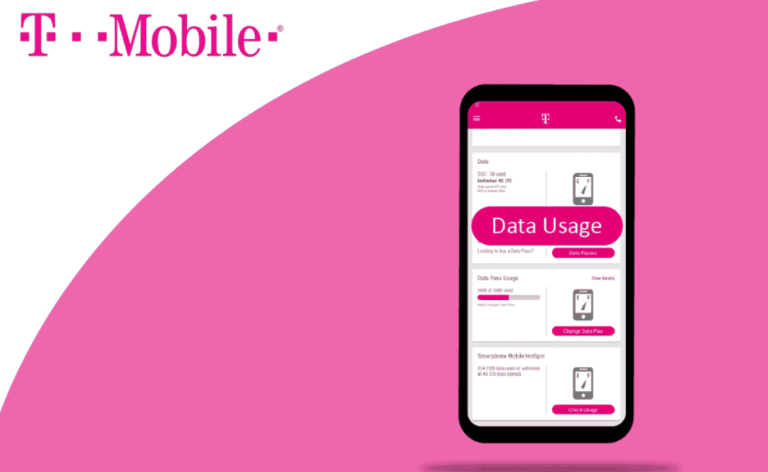In today’s fast-paced world, where health concerns are on the rise and access to quality medical care is becoming increasingly challenging, a revolutionary concept is gaining traction – the personal physician. This innovative approach to healthcare promises a more personalized, comprehensive, and convenient experience, tailored to the unique needs of each individual. In this exclusive article, we delve into the world of the personal physician, exploring its origins, benefits, challenges, and the future it holds for the healthcare industry.
I. Understanding the Concept of the Personal Physician
A. Definition and Evolution
The term “personal physician” refers to a dedicated medical professional who provides comprehensive and continuous care to an individual or a small group of patients. This concept has its roots in ancient times when physicians served as trusted advisors to royalty and wealthy families. However, with the advent of modern medicine and the rise of specialized healthcare, the personal physician model gradually faded away.
In recent years, however, there has been a resurgence of interest in this approach, driven by several factors, including:
- Growing dissatisfaction with the impersonal nature of traditional healthcare
- Increasing awareness of the importance of preventive care and early intervention
- Advances in technology that enable remote monitoring and virtual consultations
B. The Personal Physician vs. Traditional Healthcare
The personal physician model differs significantly from traditional healthcare in several key aspects:
- Personalized Care: The personal physician takes the time to understand each patient’s medical history, lifestyle, and preferences, enabling them to develop a customized care plan that addresses their specific needs.
- Continuity of Care: Unlike traditional healthcare, where patients often see different doctors for different conditions, the personal physician provides comprehensive care for all health concerns, ensuring seamless coordination and follow-up.
- Accessibility and Convenience: Personal physicians offer extended hours, same-day appointments, and virtual consultations, making it easier for patients to access care when they need it.
- Focus on Prevention: Personal physicians prioritize preventive care and early intervention, helping patients identify and manage potential health risks before they become serious problems.
II. The Benefits of Having a Personal Physician
A. Improved Health Outcomes
Studies have shown that patients who have a personal physician experience:
- Lower rates of hospitalization and emergency room visits: Due to the emphasis on preventive care and early intervention, personal physicians help patients manage chronic conditions and avoid complications, reducing the need for hospitalizations.
- Better management of chronic conditions: The personal physician’s continuous monitoring and personalized care plans enable patients to better control their chronic conditions, leading to improved quality of life.
- Increased patient satisfaction: The personal physician’s focus on building strong relationships with patients and providing comprehensive care leads to higher levels of patient satisfaction.
B. Enhanced Patient Experience
Personal physicians offer several advantages that enhance the overall patient experience:
- Reduced wait times: Due to their limited patient panel, personal physicians can offer same-day appointments and shorter wait times, eliminating the frustration associated with long waits in traditional healthcare settings.
- More time with the physician: Personal physicians allocate more time for each patient visit, allowing for in-depth discussions and a more thorough understanding of the patient’s concerns.
- Improved communication and trust: The strong relationship between the personal physician and the patient fosters open communication and trust, leading to better adherence to treatment plans and improved health outcomes.
C. Cost Savings
While the upfront cost of a personal physician may seem high, it can lead to significant cost savings in the long run:
- Reduced healthcare utilization: By focusing on preventive care and early intervention, personal physicians help patients avoid costly hospitalizations and emergency room visits.
- Improved medication adherence: The personal physician’s close monitoring and personalized care plans ensure that patients take their medications as prescribed, reducing the risk of complications and costly interventions.
- Reduced absenteeism: By helping patients manage their health conditions and avoid complications, personal physicians can reduce absenteeism from work, leading to increased productivity and cost savings for employers.
III. Challenges and Considerations
A. Accessibility and Affordability
One of the main challenges facing the personal physician model is accessibility and affordability. The limited number of personal physicians and the high cost of their services can make them inaccessible to many patients, particularly those from low-income backgrounds.
B. Regulatory and Legal Considerations
The personal physician model also faces regulatory and legal challenges, as it operates outside the traditional healthcare system. Issues such as insurance coverage, malpractice liability, and patient privacy need to be addressed to ensure the safety and effectiveness of this approach.
C. Technology and Infrastructure
The personal physician model relies heavily on technology and infrastructure to enable remote monitoring, virtual consultations, and data sharing. Ensuring that these systems are secure, reliable, and user-friendly is crucial for the success of this approach.
IV. The Future of the Personal Physician
A. Growing Demand and Innovation
Despite the challenges, the demand for personal physicians is expected to grow in the coming years, driven by:
- Increasing dissatisfaction with traditional healthcare: The impersonal nature of traditional healthcare and the growing difficulty in accessing quality care are pushing patients towards alternative models like the personal physician.
- Advances in technology: Technological advancements in telemedicine, remote monitoring, and artificial intelligence are making it easier for personal physicians to provide comprehensive care and connect with patients remotely.
- Shift towards value-based care: The healthcare industry is gradually shifting towards a value-based care model, where providers are rewarded for improving patient outcomes rather than the volume of services provided. This shift aligns well with the personal physician model, which emphasizes preventive care and early intervention.
B. Integration with Traditional Healthcare
While the personal physician model offers several advantages, it is unlikely to completely replace traditional healthcare. Instead, we can expect to see a greater integration between the two, with personal physicians collaborating with specialists and hospitals to provide comprehensive care.
C. The Role of Technology
Technology will play a crucial role in the future of the personal physician model, enabling:
- Remote monitoring and virtual consultations: Advances in telemedicine and remote monitoring devices will allow personal physicians to track their patients’ health and provide consultations remotely, improving accessibility and convenience.
- Data analytics and personalized medicine: The use of artificial intelligence and data analytics will enable personal physicians to analyze vast amounts of patient data, identify trends, and develop personalized treatment plans.
- Patient engagement and empowerment: Technology can empower patients to take a more active role in their healthcare, providing them with tools to track their health, communicate with their personal physician, and access educational resources.
Conclusion
The rise of the personal physician marks a significant shift in the healthcare landscape, offering a more personalized, comprehensive, and convenient approach to care. While challenges remain in terms of accessibility, affordability, and regulation, the growing demand and technological advancements suggest a promising future for this innovative model.
Read More: Wellcare vs Humana: A Comprehensive Comparison of Two Leading Medicare Advantage Providers






